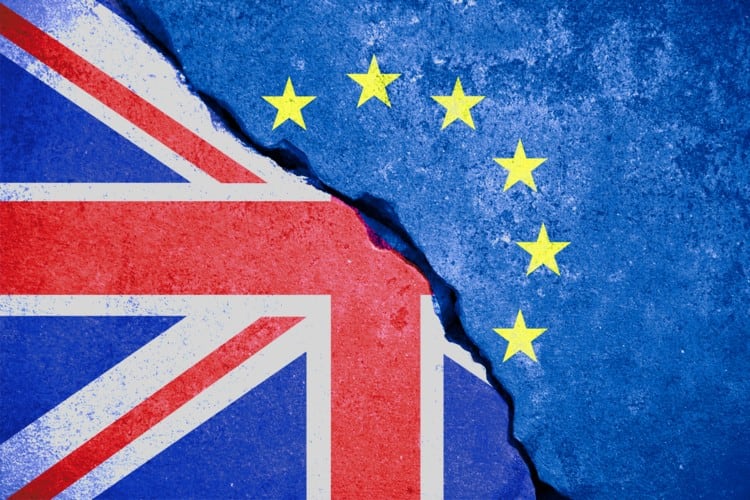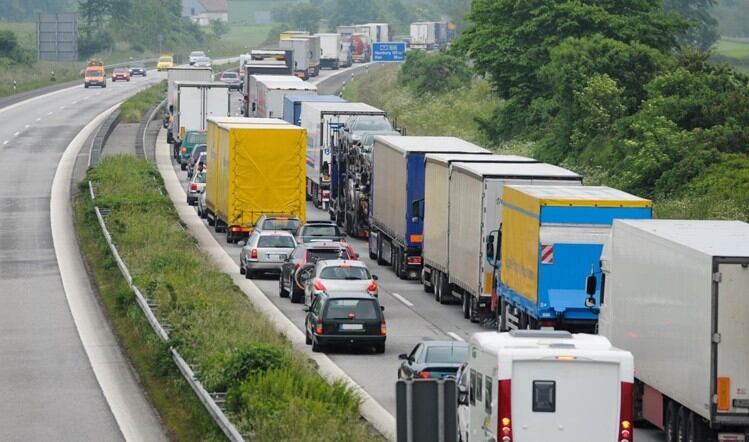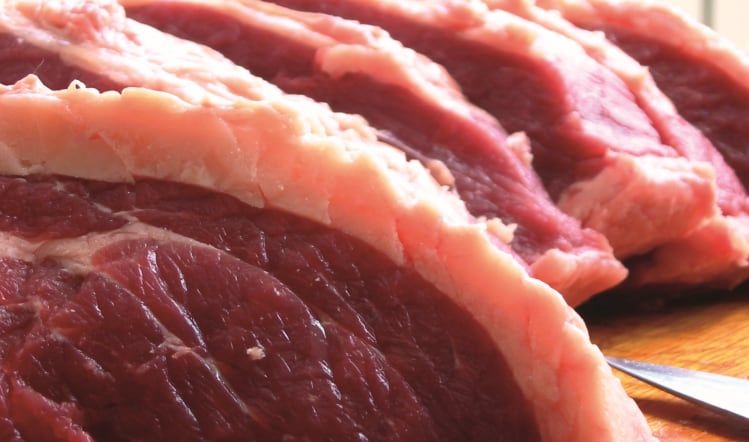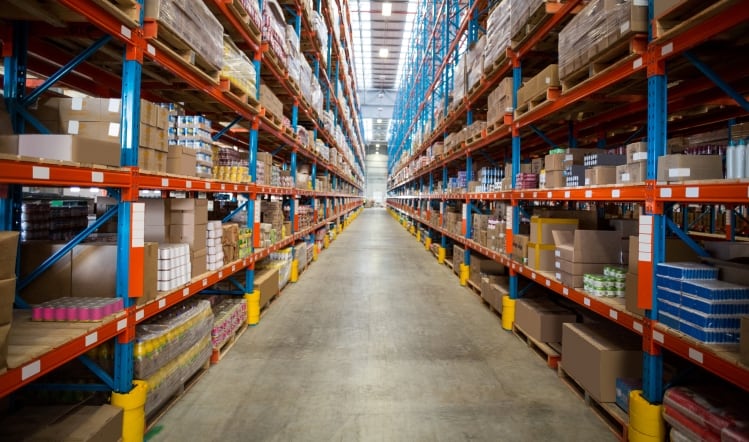Issues including a lack of equivalence on animal and public health requirements have led to full-on export health certification requirements and documentary and physical checks at EU borders. Hardwick said these developments weren’t surprising, but their impact had been significant.
More damaging had been the ‘double whammy’ caused by the Northern Ireland (NI) protocol, he added.
“It’s clear that the UK Government had hoped that it could secure a lighter touch in terms of GB to NI trade, but it is increasingly clear that they have failed to achieve this,” said Hardwick.
“The fact is that the EU take the view that by signing the withdrawal agreement and the NI Protocol, we have committed to meeting the requirements of the single market along with all the guarantees it offers in terms of consumer protection, public and animal health protection.
‘Additional costs’
“That means more Export Health Certificates (EHCs) … In other words, there will be additional certification costs imposed in GB businesses in order to be able to trade within the UK single market. Something, it should be noted, that EU Single Market trade does not face.”
He argued that the Department for Environment, Food and Rural Affair’s estimate of a 500% increase in EHCs was a vast understatement as a result.
“Businesses will struggle through,” Hardwick continued. “Trade will continue but the money to cover these additional costs will have to be found somewhere and what is certain is that our EU customers will not be the ones to pay them.
“It comes down, again, to the fact that the entire system is not designed to cope with a fast-moving fresh trade to near markets and, once the dust has settled, there does need to be re-engagement with the EU to address this.”
With the new system no longer to cope with the fast-moving supply chain for fresh goods, Hardwick warned that the EU will feel the sting of the Brexit agreement as UK exporters, once regulations kick in in July forcing EU exporters to jump through same hopes
EU exporters uneasy
“I know from my own contact with EU meat trade associations and exporters that they are looking at the certification costs and procedures with trepidation and wonder what we might do to ease these,” he concluded.
“My answer is that it is as much in their hands as ours and I firmly believe that there is a conversation to be had. This will be no quick fix and it is going to take both sides to see the folly of this massive, unnecessary bureaucratic nightmare before things will change.”
In a recent online event, hosted by the British Poultry Council (BPC), it was argued that the trade barrier faced by the UK as a third country was hindering fair competition for UK producers.
The poultry meat sector had been dealing with significant challenges thrown up by the new UK-EU trading regime that it had a handful of days to implement, the BPC said. This had made it more difficult and more costly to trade. Every delay, rejected load, and additional piece of documentation ultimately meant higher cost of production and yet more barriers to the competitiveness the Government was so desperate to realise, it said.
Speaking at the event, BPC chief executive Richard Griffiths said: “The purpose of British food production is to feed people. We sometimes lose sight of the fact that everybody has to eat. For the poultry meat sector, chicken particularly, is half the meat the country eats.
“It is a quality affordable protein for a large number of people. British food production and food security needs healthy trade…This is not about protectionism, it is about a trade policy that promotes fair competition across a broad range, and one that supports our domestic production.”





